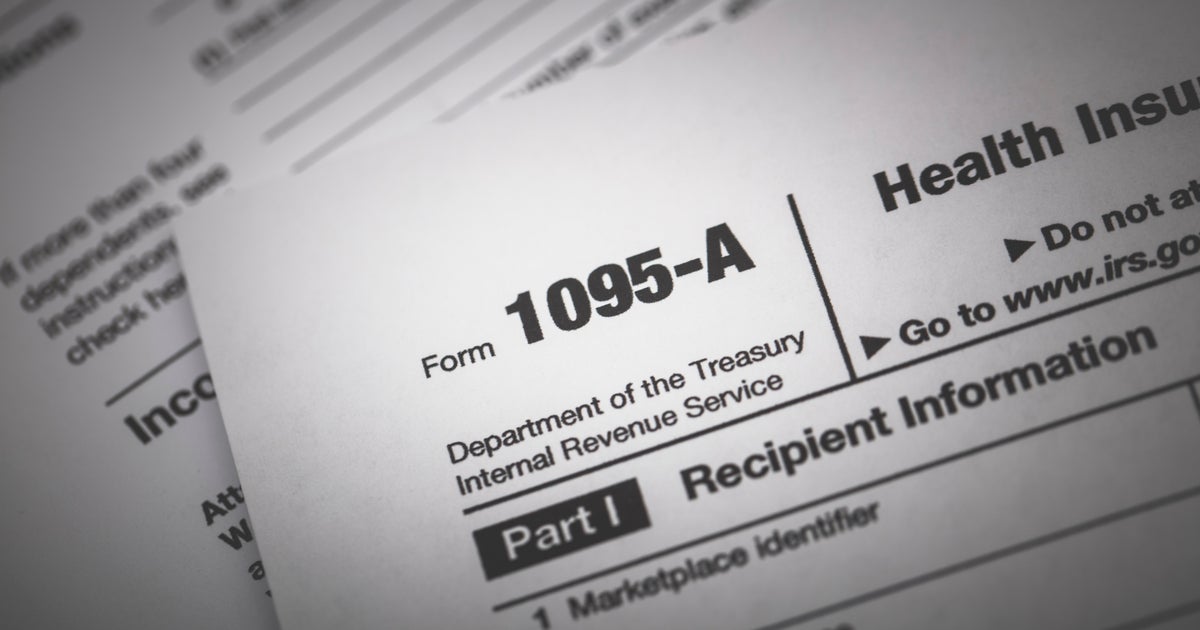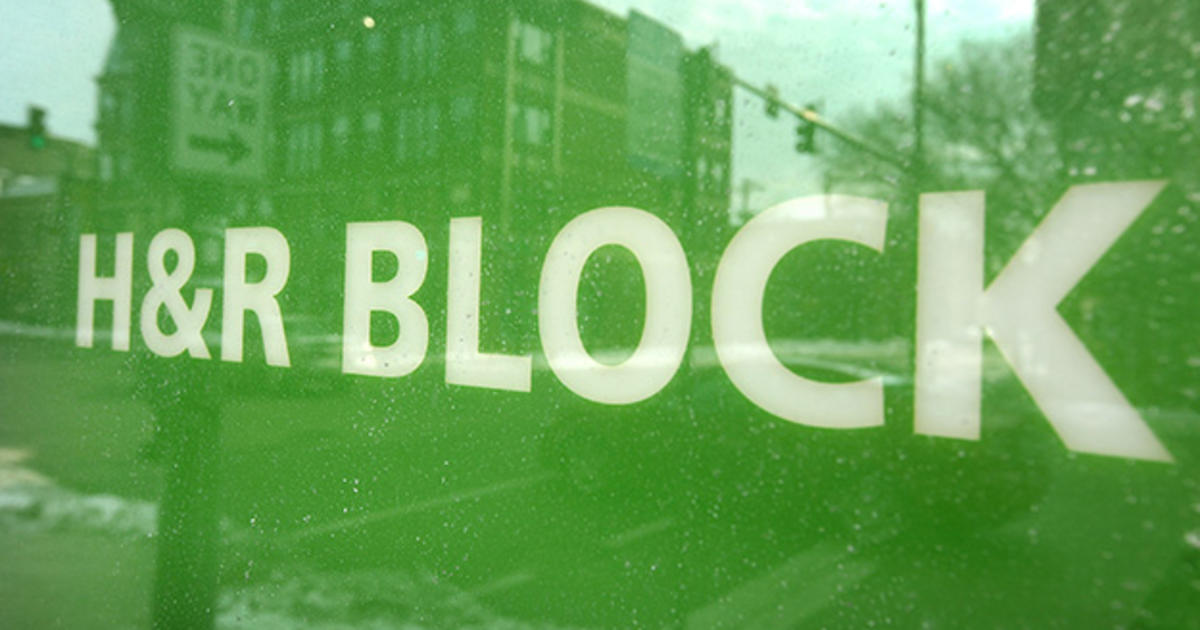Owe back taxes? Don't do what Floyd Mayweather did
It has been reported that Floyd Mayweather, the undefeated boxing legend, owes the IRS millions of unpaid taxes from the past several years. But the exact amount wasn't known until a recent story in the Las Vegas Review Journal revealing that the champ's total unpaid tax bill is a staggering $22 million.
It's hard to conceive that a professional athlete who has earned hundred of millions of dollars over his career -- $220 million alone for his 2015 fight against Manny Pacquiao -- is under threat of collection and levy on his assets by the IRS.
What's even more astounding is that Mayweather and his lawyers are asking the IRS for a short-term payment installment until after he cashes in on his upcoming fight with MMA superstar Connor McGregor. Scheduled for Aug. 26, that battle could pay Mayweather as much as $200 million. His representatives are asking the IRS to be patient because the agency is sure to get paid with those proceeds. It's a smart strategy on their part.
But the IRS so far is having none of it, taking the position that Mayweather has considerable current financial assets that could be sold or borrowed against to pay all or a portion of the back taxes owed now.
If you're like the champ and are struggling to pay your tax debts (hopefully not $22 million), the IRS does allow you to pay over time.
One option is to make a partial payment of what you owe and file an Online Payment Agreement Application. You're eligible to do so if you owe less than $50,000 in combined tax, penalties and interest and you've filed all required tax returns. Taxpayers or their representatives can apply and receive immediate notification of approval.
There are two payment options. You can get a short-term extension for up to 120 days to pay in full and thus avoid any additional payment fees. If you can't pay in full in 120 days, you may be permitted to make monthly installment payments.
Strings are attached: You must have filed all your prior years' tax returns and pay a user fee of $105 ($52 if the payment is automatically deducted from a bank account). You'll also pay the IRS interest on the unpaid balance, which is currently about 4 percent.
If you can't pay and your tax debt is more than your assets, another option is to file the Offer in Compromise, which you can do yourself or with the help of a tax preparer. The reduced amount the IRS agrees to be paid typically equals what it believes can reasonably be collected from the sale of your assets such as real property, automobiles, bank accounts, etc.
The IRS may grant an OIC if it has a legitimate doubt that the taxpayer could ever pay the full amount of tax owed. Also, if collecting the tax owed would create an economic hardship, the IRS may consider an OIC. To request one, you must send a completed Form 656, Offer in Compromise, and include a $150 application fee.
If you're like Mayweather and are in really serious tax trouble, it's a good idea to seek professional help. Consider hiring a tax lawyer, a CPA or an enrolled agent who's licensed to practice before the IRS.




